Kumiko, the Treasure Hunter is both fascinating and infuriating — in just about equal measure. It is a film I wanted — expected — to love. I ended up in a very different state of mind. Perhaps I never should have watched the trailers, since they suggested a very different film than the one that emerged. As a result, I’ve spent two days trying to come to terms with the simple fact that the movie I saw wasn’t the movie I had expected. That I came to it expecting something lighter and more whimsical than the film I saw is not so much a criticism as it is an observation. At the same time, my initial response to this dark and frankly disturbing film from Austin-based filmmaker David Zellner was disappointment. I have now gotten past that, and while I am never going to love Kumiko, I respect it and am starting to like it for what it is.
The partially fact-based premise is at once screwy and tragic. Kumiko (Rinko Kikuchi, The Brothers Bloom) is a drudge of an office lady working for a boss who wants her to move on — his belief being that a 29-year-old woman ought to be married and not working in an office (perhaps so he can “redecorate” with a younger woman). But Kumiko is strangely insular. Apart from her pet rabbit, Bunzo, she has no friends — only a bad telephone relationship with a mother (Yumiko Hioki) she tends to avoid. There’s something more about Kumiko — a strange mystical side where the line between fantasy and reality blurs. It’s this side that prompts her to regard a bad VHS copy of the Coens’ Fargo (1996) — which she may or may not have found buried in a cave on the beach — gives her a secret clue to the whereabouts of the buried satchel of money in the film.
At first, this seems like a sad but harmless daydream, but that changes when Kumiko becomes increasingly — and unrealistically — obsessed with finding this treasure. The film starts off painting her in sympathetic terms, especially in a charming scene where a friendly library security guard (Ichi Kyokaku) tears a map out of a reference book she had tried to steal and gives it to her. But as the story progresses, Kumiko seems more and more irresponsible and suffers from a sense of entitlement (she calls it destiny) that is less and less appealing. That she thinks nothing of stealing from or using anyone she can — however unintended or justified in her own mind — in order to get to this nonexistent treasure makes her an ever less appealing character. We feel her tragedy, but the sympathy evaporates somewhere along the way. The sense of tragedy is profound — made even more so by the film’s fantasticated final stretch — but, for me at least, something mutes it all. That something is the fact that I’d ceased caring much about Kumiko herself. That’s a pretty big hurdle to get over.
Technically, this is sound filmmaking. The line between reality, illusion and delusion is deftly achieved — almost imperceptibly. The film looks good, and there’s no shortage of striking imagery. The very fact that Kumiko, the Treasure Hunter trades so heavily on the snowy imagery of Fargo, and in fact turns it into a thing of myth (if only to Kumiko) yet manages to retain an identity of its own, is little short of amazing. Now, if only the main character was less self-absorbed, I might love it, but I’ll have to settle for liking it. Not Rated but contains adult themes.



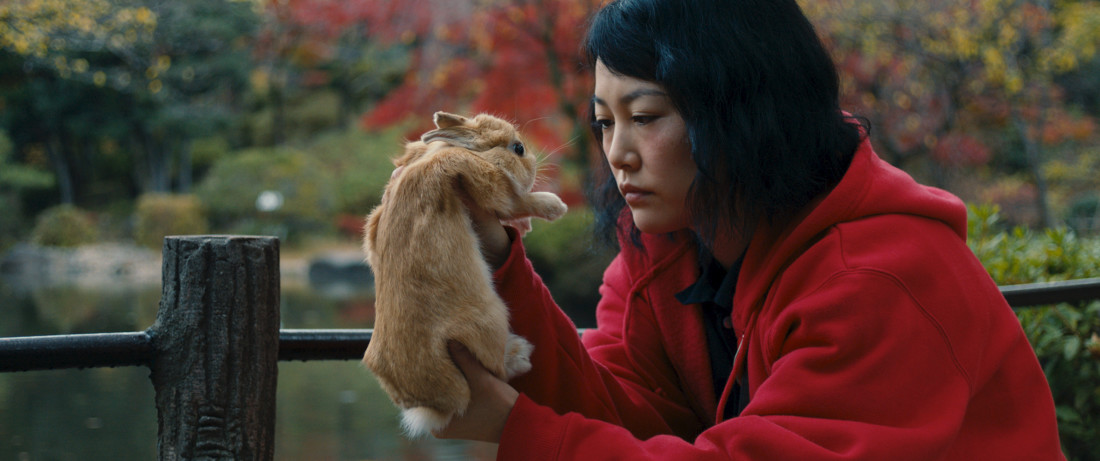
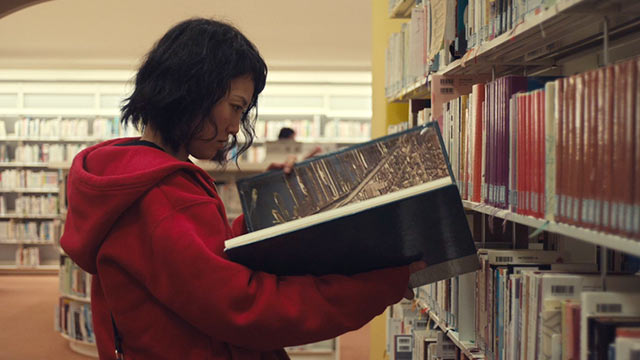
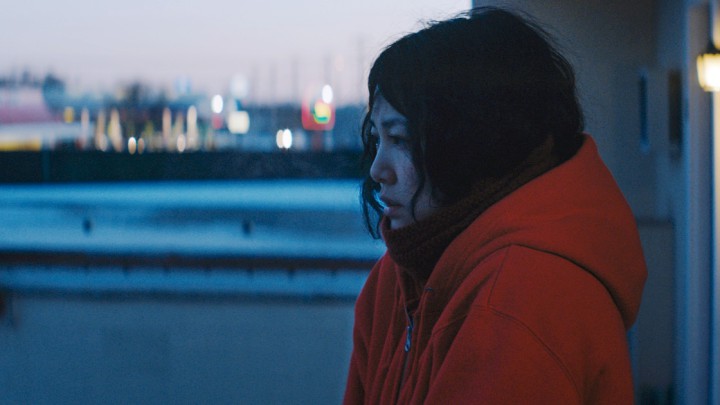
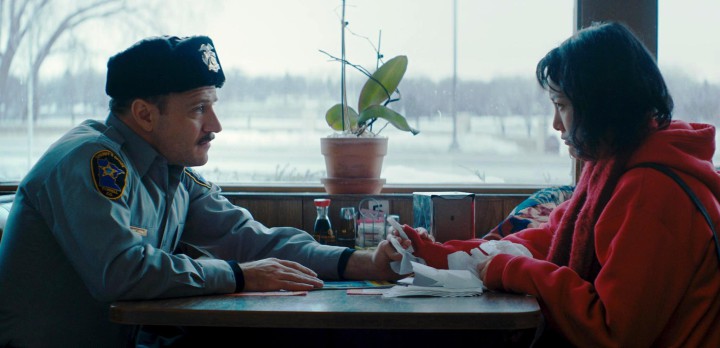
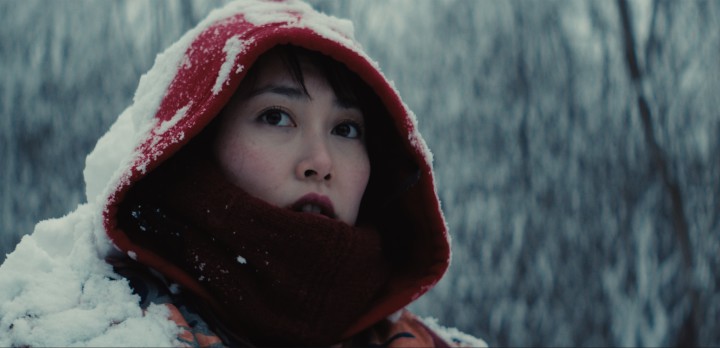
I didn’t realize this is the same guy that directed Kid Thing.
Neither did I! But then I never heard of Kid Thing.